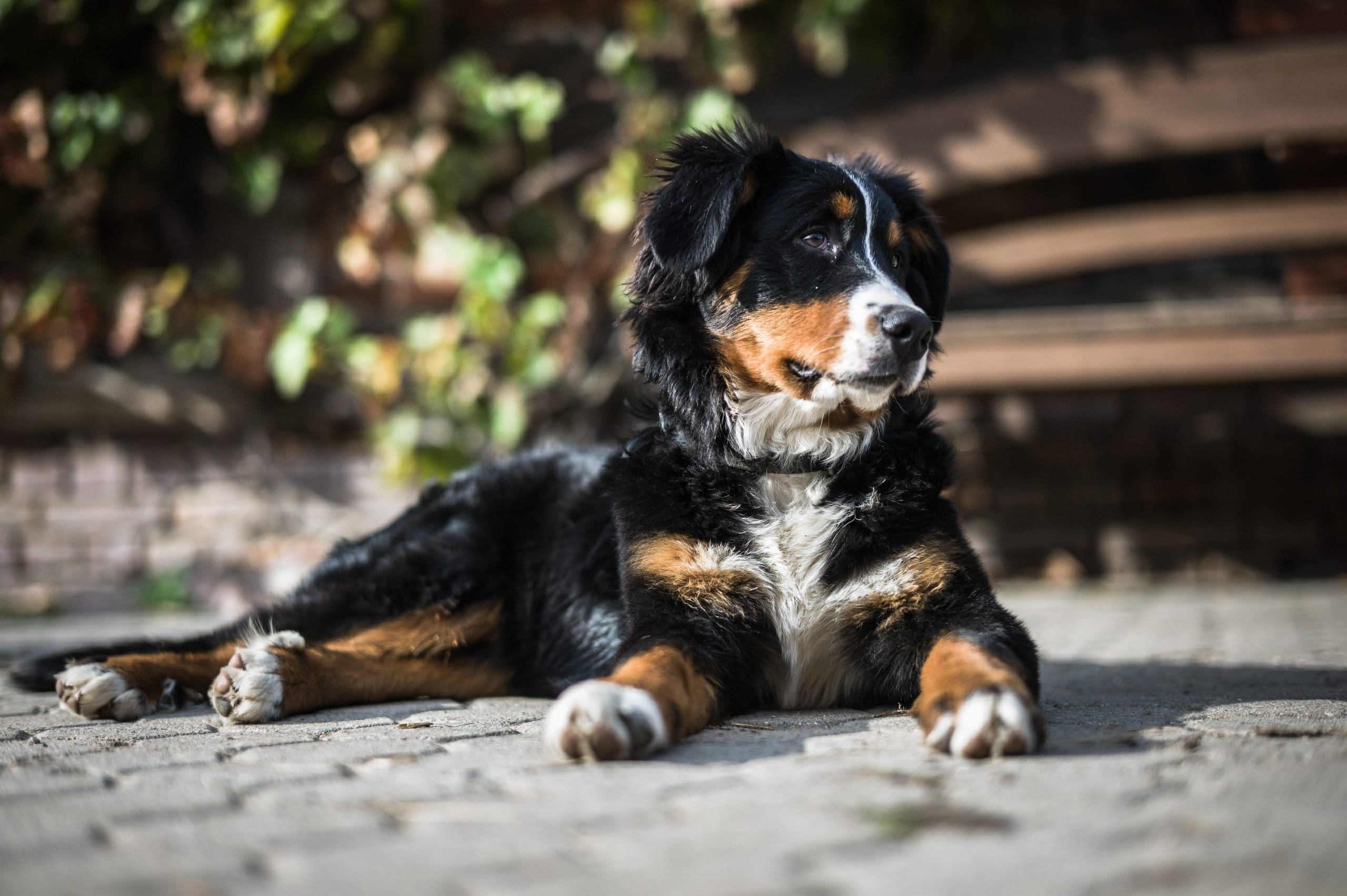Dealing with a dog that eats poop can be both frustrating and embarrassing. Many pet owners face this issue, often feeling helpless as they watch their beloved companions indulge in this undesirable behavior. Understanding the reasons behind coprophagia and implementing practical solutions can significantly improve both your life and your dog’s well-being.
Reasons Behind the Behavior
This behavior, scientifically known as coprophagia, is more common than many owners realize and can stem from various causes such as nutritional deficiencies, instinctual behaviors, or boredom. It’s important to approach the issue with empathy, recognizing that this behavior does not reflect your dog’s intelligence or training. One primary reason dogs may eat feces is nutritional deficiency. If a dog is not receiving a balanced diet, they may instinctively seek additional nutrients. This is especially common in dogs fed low-quality food or those with medical conditions affecting nutrient absorption. Consulting a veterinarian can help determine if your dog’s diet is lacking essential vitamins and minerals. They can recommend high-quality dog food tailored to your dog’s specific needs.
Instinctual behavior also plays a role. In the wild, mother dogs often consume their puppies’ feces to keep the den clean and protect their young from predators. This instinct can carry over to domesticated dogs, leading them to eat their own or other dogs’ feces.
Boredom is another contributing factor. Dogs require mental stimulation and regular exercise. A lack of physical activity or engaging activities can lead to destructive behaviors, including coprophagia. Providing regular exercise, playtime, and mental stimulation through puzzle toys or training exercises can alleviate boredom and reduce the likelihood of this habit.
Strategies to Curb Coprophagia
Taking proactive steps is essential in changing this behavior. Improving your dog’s diet with high-quality dog food that meets all nutritional requirements can help reduce the desire to seek alternative nutrient sources. Adding supplements, such as digestive enzymes or probiotics, may also be beneficial. Always consult your veterinarian before making significant dietary changes or adding supplements.
Creating a consistent routine is crucial. Dogs thrive on structure, and knowing when to expect meals, walks, and playtime can reduce anxiety and boredom. Regular feeding times can minimize the chances of your dog scavenging for food, including feces.
Training commands like “leave it” or “no” can effectively redirect your dog away from poop during walks. Consistency is key; use positive reinforcement to reward your dog when they follow your command. This approach strengthens the bond between you and your dog while promoting learning.
Supervision is vital in managing this behavior. When outside, keep a close eye on your dog, especially in areas where feces might be present. If supervision is not possible, consider using a leash or a long line to maintain control over your dog’s movements.
Cleaning up promptly after your dog does their business is another effective strategy. By removing feces immediately, you reduce opportunities for your dog to indulge in this behavior. Make it a habit to check and clean the area regularly, especially if your dog has shown a tendency to eat poop in your yard.
If your dog is particularly drawn to the feces of other animals, additional precautions may be necessary. Using a muzzle during walks can prevent your dog from eating poop, particularly in areas frequented by other animals. While this may seem drastic, it can be a temporary solution while working on training and behavioral modifications.
In some cases, coprophagia can stem from anxiety or stress. If your dog experiences separation anxiety or other forms of stress, this behavior may serve as a coping mechanism. Addressing the underlying causes of anxiety is crucial. Create a safe space for your dog with their favorite toys and blankets. Calming aids, such as pheromone diffusers or anxiety wraps, can also help soothe your dog during stressful situations.
Seeking Professional Help
If all options have been exhausted and your dog continues to eat poop, consulting a professional trainer or a veterinary behaviorist may be necessary. They can provide tailored advice and strategies specific to your dog’s needs. Addressing behavioral issues often requires a multifaceted approach, and professional insight can be invaluable.
Maintaining open communication with your veterinarian throughout this process is also important. Regular check-ups can help monitor your dog’s health and ensure that any underlying medical issues are addressed. Your vet can provide guidance on dietary changes, training techniques, and any additional support your dog may need.
The Path Forward
Engaging in interactive play can positively impact your dog’s overall behavior. Games like fetch, tug-of-war, or agility exercises provide both mental and physical stimulation, strengthening the bond between you and your dog.
As you work to stop your dog from eating poop, remember that consistency is essential. Establishing a routine and sticking to it will reinforce desired behavior. Keep expectations realistic, as behavior modification is a process that may take time to yield significant changes.
Approaching the problem with empathy for both yourself and your dog can ease frustration. Many pet owners face similar struggles, so know that you are not alone. The goal is to create a happy and healthy environment for your dog. By understanding the reasons for this behavior and taking proactive steps to address it, you can foster a better relationship with your furry friend. Focus on the journey; each day is an opportunity to reinforce good behavior and deepen your bond. With time, patience, and effective strategies, you can help your dog overcome this habit and enjoy a healthier, happier life together.



